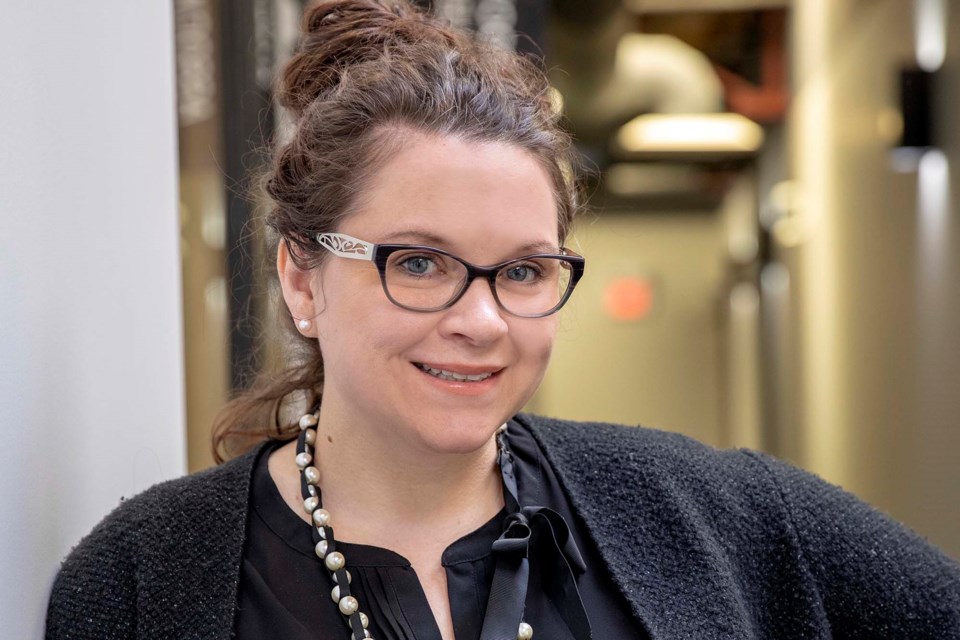Confirmed Indian. What does that even mean? After 45 years, I can now call myself a status Indian.
In the 44 years before that I felt lost, rejected, by my own blood, my own band, my family, and myself.
When people say things like, "[Indians] need to get over what happened," I sit in silence and shake my head; I wasn't allowed the opportunity to be raised in my culture in my own country without some form of shame, secrecy, and guilt for what I was born into. But hey, let's get over it, right?
I feel validated for once. A card forced on Indigenous peoples to prove their blood line in their own homeland gives me validation and roots for the first time in this journey. I had to fight for it, and it took five years to apply through the process, the paperwork, the miscommunication. It's easier for you to get a driver's licence or passport in this country than to get your status card.
I get to freely explore who I am now. I get to look at someone and say, "I'm a status Indian."
What does that mean? It means I still pay taxes; it means I still have to work, and wade through the economic challenges, and enjoy the right to live in this beautiful country just as everyone else.
What I have learned is that in 2022, as a new status member, handing a status card to a pharmacy for medication was the first kick of many that have followed. I was asked if my card was a welfare card or a permanent residence card. I've been a customer at this pharmacy for decades, but for the first time I learned how my status card is perceived. I took this moment to educate with grace, but to someone else, who has been kicked a thousand times, in a different situation, it would have been demoralizing. It would have created more trauma.
Those before me faced adversity, starvation, assimilation — they lost their culture or faced the fear of it being threatened.
I, like many, didn't get to grow up with knowledge of who I was or where my blood right came from. I didn't get to learn the language, the lessons, the beauty of my blood line, and meet the people who were part of it — who didn't hide their voices and who made an impact on Indigenous rights. I am now part of the Gitanmaax Band.
I get to learn these things, but also fight the discrimination that follows. I had to learn the true meaning of trauma informed. I grew up broken, rejected, and learned how to survive. I've seen and been a part of horrible things, and have heard people say, "You're not like them."
I am them. But now, as I learn, I am also part of a strong matriarchal ancestry and society. I may walk this path alone, but I'm learning it, I'm starving for its knowledge. Right now, my status card is just a number — a number that will break through some barriers; a number I hope will help me work with others in making change; a number that will be part of the change that creates a safe place for our children and their children.
Katie Suvanto is a mother of three whose oldest son was born in St. Albert. She is exploring her Indigenous heritage and raising a child who lives with autism.




